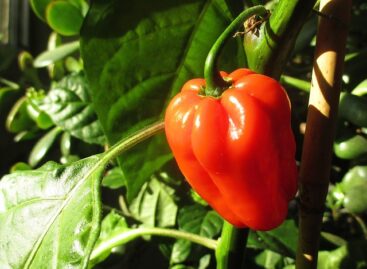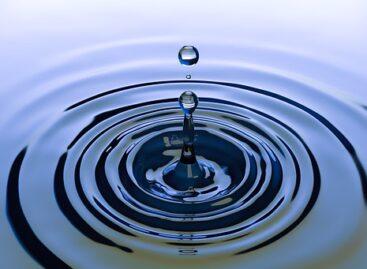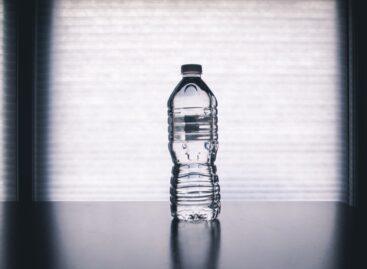Drinking bottled water 3,500 times more costly than tap water, according to Spanish research
Consuming filtered tap water provides substantial health and environmental benefits compared to bottled water, according to a study by the Barcelona Institute for Global Health (ISGlobal).
While a total switch to tap water would lower overall life expectancy, the findings show this to be the preferable option – particularly when a filter is used – due to the overall impact on the environment.
The research, published in Science of the Total Environment, aimed to provide objective data about three different water consumption choices: bottled water, tap water and filtered tap water.
Results show that if the whole population of Barcelona decided to shift to bottled water, the production required would take a toll of 1.43 species lost per year and cost US$83.9 million per year due to the extraction of raw materials.
This would be approximately 1,400 times more impact in ecosystems and 3,500 times higher cost of resource extraction than the scenario where the whole population would shift to tap water.
FIF
Related news
Local Products Not Always Better for the Environment, Göttingen University Study Finds
🎧 Hallgasd a cikket: Lejátszás Szünet Folytatás Leállítás Nyelv: Auto…
Read more >Expert: tap water is safe to drink in Hungary
🎧 Hallgasd a cikket: Lejátszás Szünet Folytatás Leállítás Nyelv: Auto…
Read more >The plastic content of bottled water is many times higher than previously thought
🎧 Hallgasd a cikket: Lejátszás Szünet Folytatás Leállítás Nyelv: Auto…
Read more >Related news
How does the forint exchange rate affect consumer prices?
🎧 Hallgasd a cikket: Lejátszás Szünet Folytatás Leállítás Nyelv: Auto…
Read more >Two million people have already voted, so 57 million forints will be given to locals in 125 settlements, courtesy of Tesco
🎧 Hallgasd a cikket: Lejátszás Szünet Folytatás Leállítás Nyelv: Auto…
Read more >








